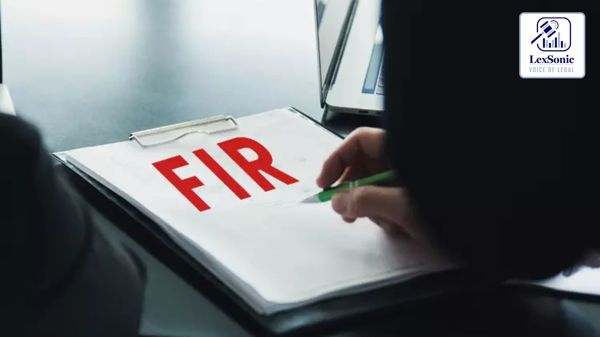Supreme Court Quashes Cross-FIRs Between Lawyers, Records Apologies After Dramatic Courtroom Exchange.
27 March 2025
Criminal Appeals & Suspension of Sentence >> Criminal Law
In a peculiar turn of events arising from a dispute between two practicing lawyers in Kodaikanal, the Supreme Court of India has exercised its extraordinary powers under Article 142 of the Constitution to quash cross First Information Reports (FIRs) registered against each other in 2017. The decision came after a series of attempts by the Court to facilitate an amicable settlement, marked by a dramatic courtroom moment where one of the lawyers threatened self-harm if the FIR he lodged was also quashed.
The dispute originated from an alleged assault on December 18, 2017, leading to the registration of two FIRs on the same day. FIR No. 499 of 2017 was filed by the first appellant, alleging that the second respondent, along with two others, had assaulted him near Kodaikanal Lake due to past animosity. This FIR led to a charge sheet being filed against the second respondent.

The second FIR, No. 500 of 2017, was registered at the instance of the second respondent against the appellants, alleging abuse and threats. While the police initially filed a closure report, a protest petition by the second respondent led to the Judicial Magistrate at Kodaikanal taking cognizance of the matter. The appellants then approached the High Court for quashing these proceedings, but their petition was dismissed.
The matter reached the Supreme Court, which initially stayed the criminal proceedings and encouraged an amicable settlement, given that both parties were members of the Bar. Following the Court's directions, the second respondent filed an affidavit tendering a sincere and unconditional apology to the appellants, the Bar Council of Tamil Nadu, and the Kodaikanal Bar Association for the unfortunate incident.
However, when the Court suggested quashing both FIRs to bring a complete end to the seven-year-old dispute, the first appellant, in a shocking moment during a video conference, threatened to commit suicide if the FIR he had filed against the second respondent was also quashed.
The Court, visibly taken aback by this conduct, initially considered initiating contempt proceedings against the first appellant. However, the first appellant subsequently filed an affidavit expressing deep regret for his outburst and tendering an unconditional apology, along with an undertaking not to repeat such behavior.
Acknowledging the first appellant's apology and the peculiar circumstances of the case, the Supreme Court decided against initiating contempt action, emphasizing the need for magnanimity, especially from constitutional authorities. The Court also noted its primary duty to deliver substantial justice, even when litigants fail to recognize their best interests.
Considering the second respondent's unconditional apology and his willingness to have the FIR he lodged quashed, the Court deemed it in the personal and professional interests of both parties to bring the protracted legal battle to an end.
Exercising its powers under Article 142 of the Constitution, the Supreme Court passed the following order:
- FIR No. 500 of 2017, registered at the instance of the second respondent, and the related proceedings before the Judicial Magistrate, Kodaikanal, were quashed.
- FIR No. 499 of 2017, registered at the instance of the first appellant, was quashed only against the second respondent. The proceedings against any other accused in that FIR will continue.
- The apologies and undertakings of both the first appellant and the second respondent were taken on record.
- The appeal was allowed on these terms.
The Supreme Court expressed its hope that this order would bring a happy end to the long-standing animosity between the two lawyers, allowing them to focus on their professional duties and contribute to the legal system.
